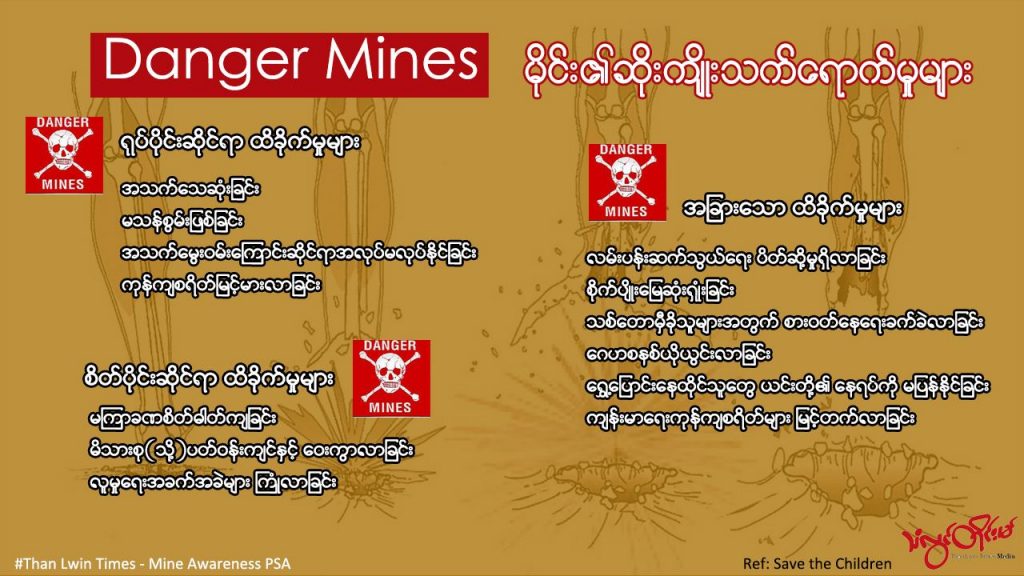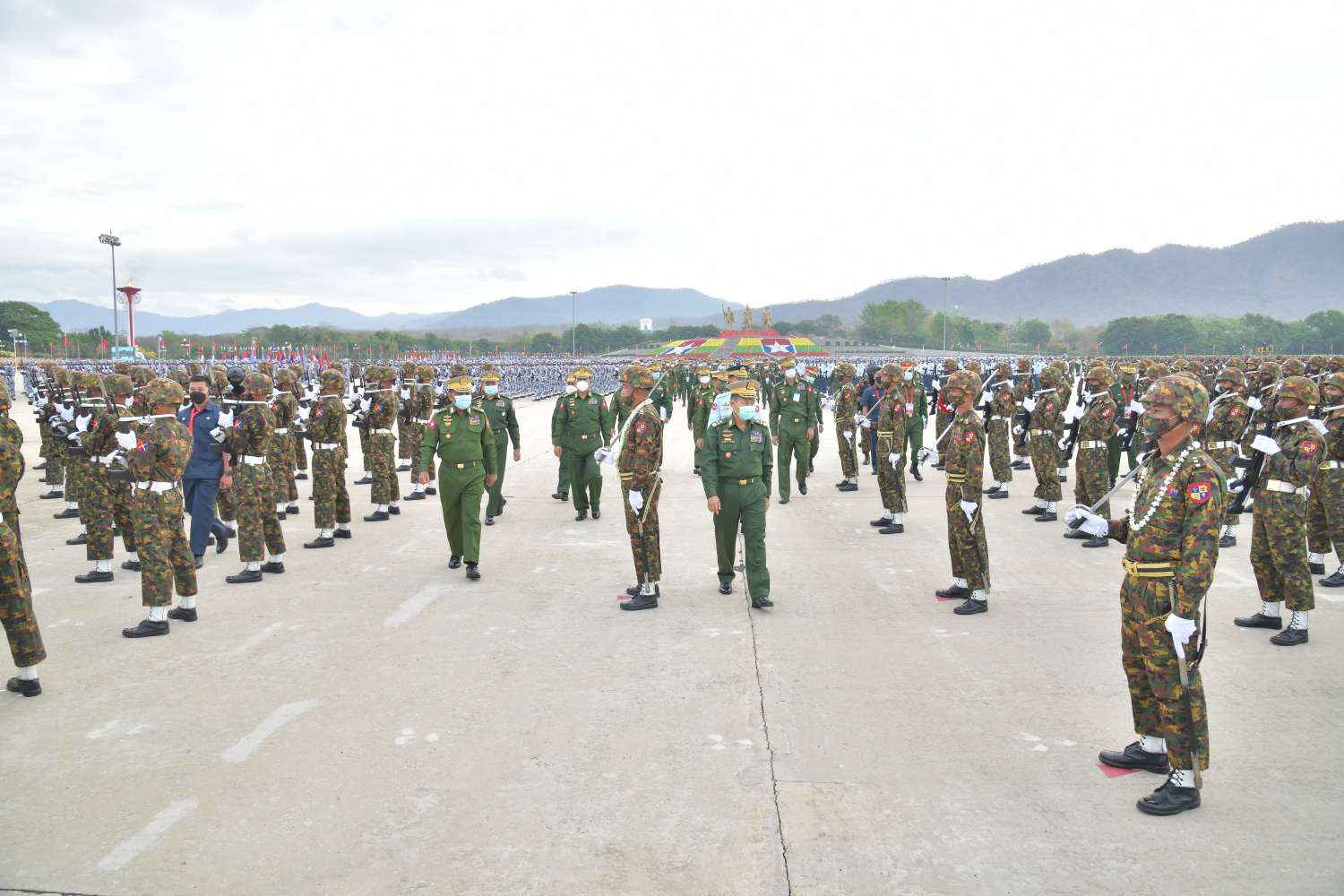Nay Pyi Taw, April (9)
The military council’s Union Budget Law states that an increase in defense spending to 5,600 billion Kyats has been approved for the upcoming fiscal year.
The Union Budget Law for the fiscal year 2023-2024 was enacted by the junta on March 31 and is said to be effective from April 1.
This law authorized the spending of over 100 billion kyats for 10 union level offices, including the Office of the military council, the Union Government Office, the Pyidaungsu Hluttaw Office, the Pyithu Hluttaw Office, the Amyothar Hluttaw Office, the Union Election Commission Office, and the Union Civil Service Board Office.
While spending more than 19,000 billion Kyats was approved for 45 sectors of departments under the Ministries, the defense budget of the military council was raised to more than 5,600 billion Kyats.
The defense budget approved for the fiscal year 2022–2023 was over 3,700 billion Kyats; compared to the current amount, it has increased by over 1,900 billion Kyats.

The country’s military spending on education, health, and electricity, which are necessary for the public, is significantly less than the defense budget.
According to U Than Soe Naing, a political analyst, the military regime is set to increase its defense spending because of the possibility of military escalation with the resistance forces in 2023.
He added, “The military has decided to increase defense spending by using public money for civil war so that it can increase the number of bad acts such as violence, looting, burning houses, killing, oppressing, arresting, and imprisoning the people.”
The National Unity Government (NUG) has set 2023 as the year to end the Spring Revolution while military leader, Min Aung Hlaing has announced that he will take decisive action against the NUG, the PDF, and some of the EAOs that are supporting them.
In recent days, heavy fighting has been going on between the junta army and the revolutionary forces in the new town of Shwe Kokko in Myawaddy on the Thai-Myanmar border, and in Kawkayeik and Kyondoe towns in Karen State.
The military council opened its front lines in the anti-regime strongholds and ethnic communities after the coup, but was unable to prevail on the ground and had to resort to airstrikes.
During the civilian government, the military council had to spend only the amount of the defense budget approved by the Union Hluttaw, but after the coup, it has been criticized for using the budget as needed.
For the 2020–2021 fiscal year under the NLD government, only more than 3,400 billion kyats were approved for defense spending.
News-Than Lwin Times
Photo-MRTV

